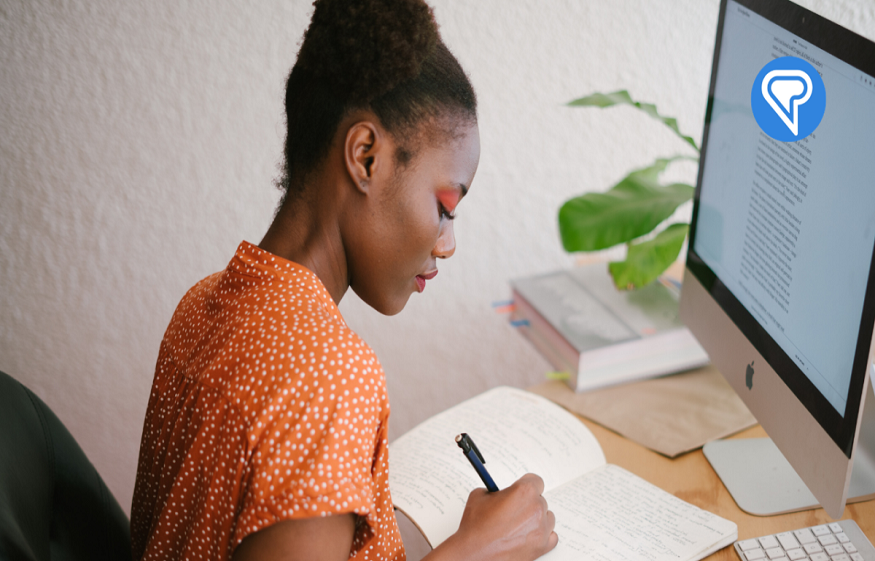So how did you decide to learn a new language? You must be very impatient to be able to speak. But, a quick second: learning a language from scratch is a big project. If you don’t want to feel overwhelmed, you need to clearly identify what you’re going to need, and how much time you’ll need to learn a language . Today, we share with you the usual journey of Luca, co-founder of MosaLingua, when he learns a new language. Follow the steps here to learn a language step by step , and reach a level that will allow you to chat with natives.
10 steps to learning a language from scratch
On his own, Luca learned all the languages he speaks today. So he knows the pitfalls and obstacles that learners usually face before mastering a language. However, learning a language is also a very personal “journey”, perhaps you have realized this by reading the evolution in the learning of a MosaLingua user. So, you may need to adjust some of these steps, but they’ll get you off to a great start.
Ask yourself the right question from the start
You must ask yourself and specify why to learn this particular language. There are a million correct answers to this question, but it’s important that you identify your own and write them down. So when you encounter an obstacle (it will happen), you will have this written proof that will help you remember why you embarked on the adventure.
As with any project, you will need to set goals. Do you want to “survive” on your next trip abroad or do you rather aim to become fluent? The nature of your goal can change everything about how long you will need to learn a language . So this is an important preliminary step.
Be SMART
Another trick is to have several small goals that you can tick off in a short amount of time
Create your own toolkit
There are many tools that help you achieve your goals. Be careful when grouping together all the tools that will help you achieve your goals. We are all different, so different learners will choose different tools. Instead, I advise you to choose tools that are
efficient, to be sure to make the best use of your time,
and that are attractive to you (so that you like the process).
Learn vocabulary
After these preliminary but fundamental steps to learn a language , you will get to the heart of the matter: memorizing the words and expressions that make up the basis of the language. To succeed in this step, Luca has two tips:
start with a small amount of vocabulary: the one that represents the 20% that you will need in 80% of situations.
learn the correct pronunciation early on to avoid developing bad habits (which are hard to break later).
Familiarize yourself with the language from the start of your learning process
The language you are learning is foreign to you at first, but it will be part of your life for months or even years. So familiarize yourself with this language as soon as possible by, for example, listening to audio recordings, such as podcasts, and watching films and TV shows. Even if you don’t understand much (if anything), this initial contact is important in building your relationship with the language. I’m generally against what is called “passive listening” but in the early stages it can be quite helpful.
Create a new habit
Don’t just rely on your willpower to study a language! Instead, build a habit by forcing yourself to study it every day for at least 30 days. Even if it’s just 10 minutes. And make sure you never miss a day, especially at the very beginning. To do this: schedule your classes for the same time of day every day, preferably in the morning when your brain is well rested and fresh. And make sure you reserve this time slot, write it down in your diary, so that it looks more like a serious commitment.

